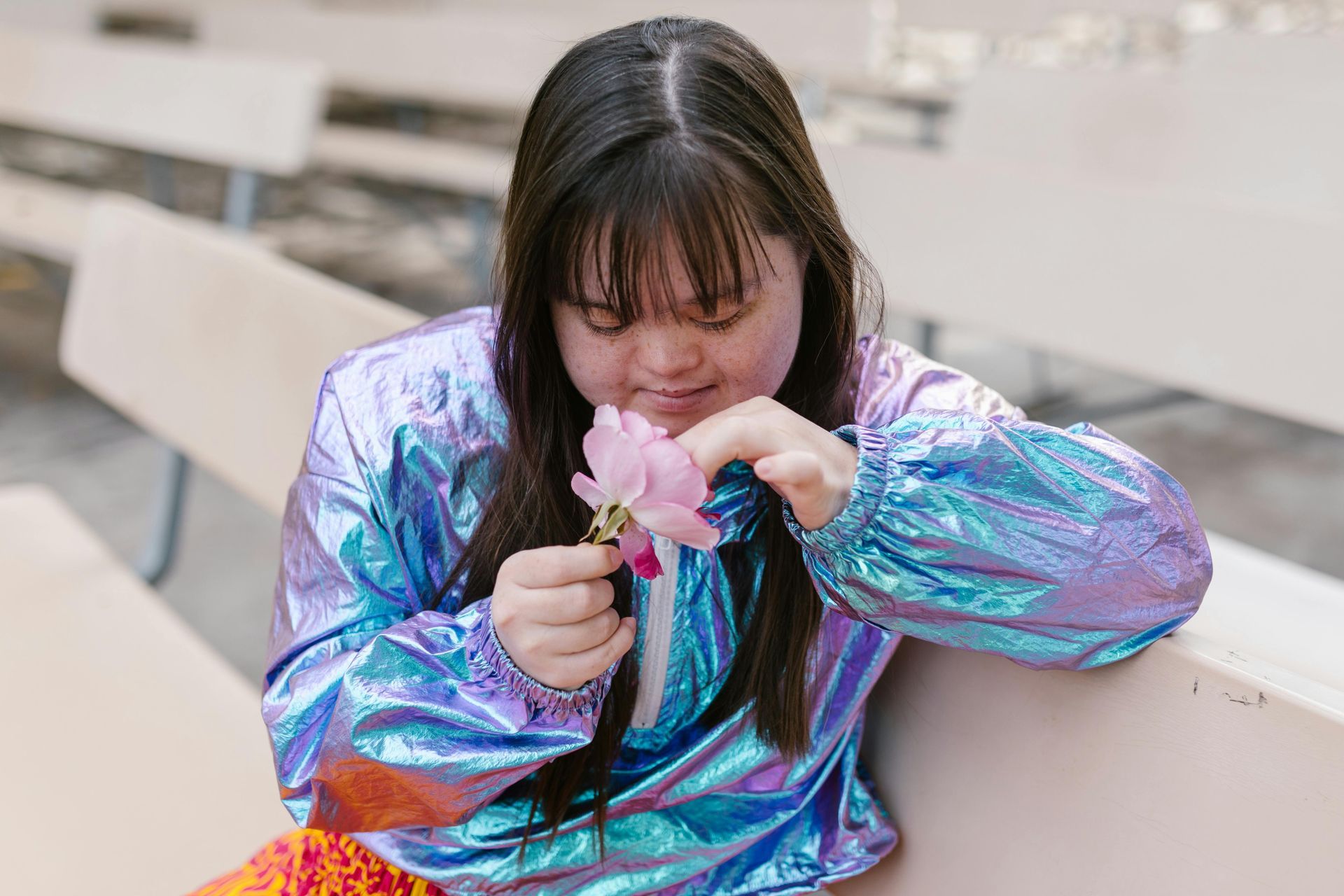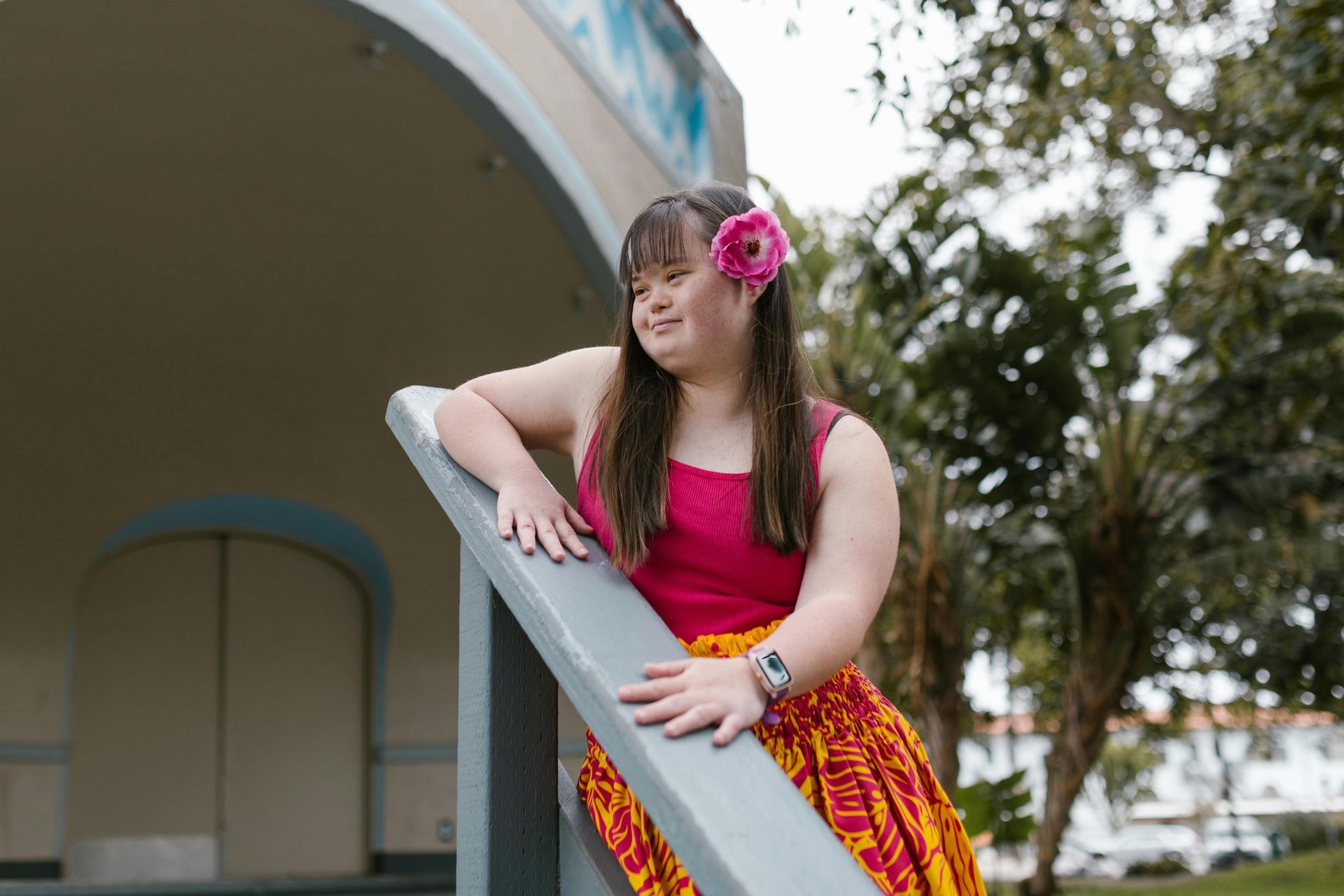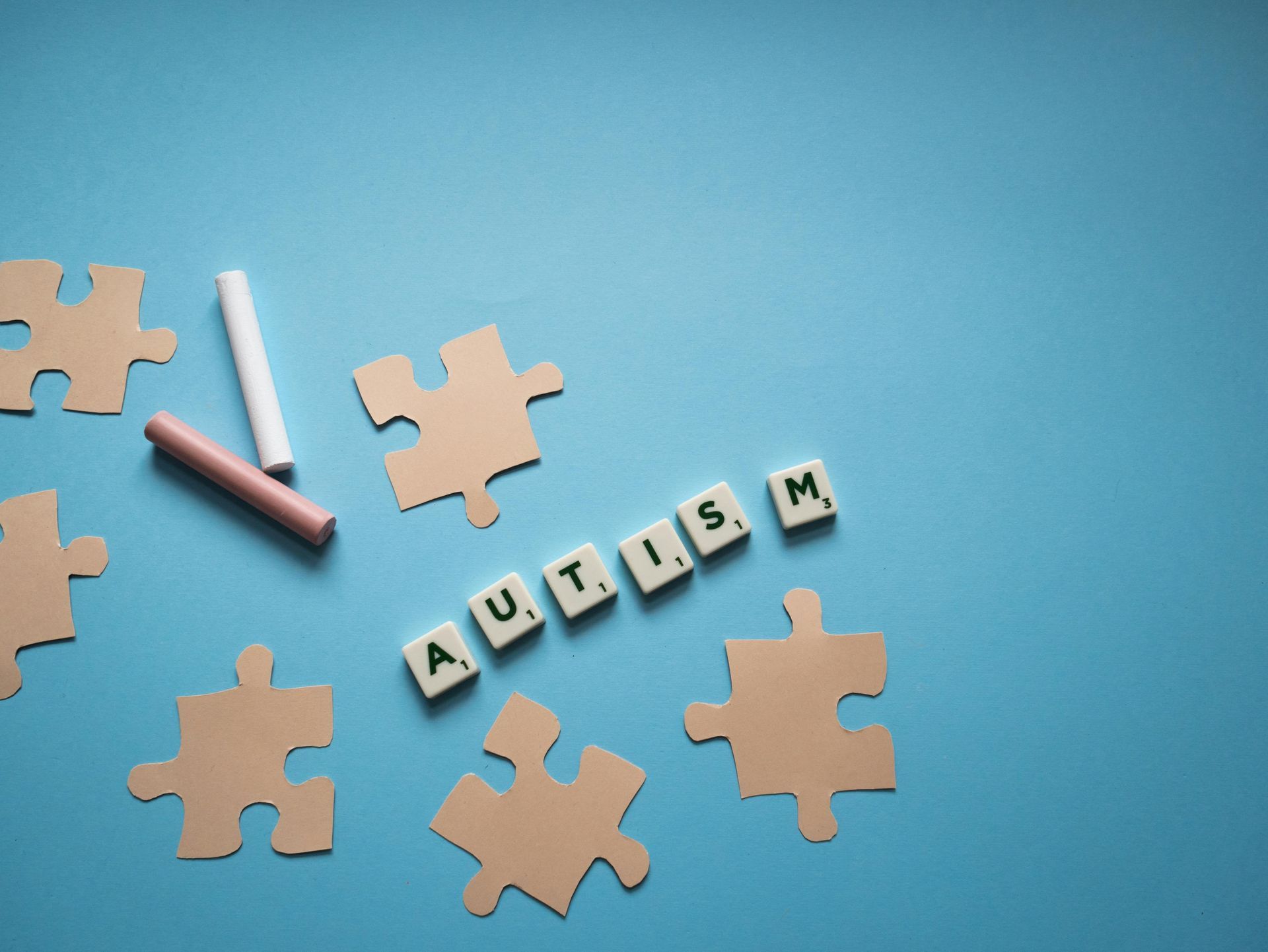Living with a developmental disability can bring unique strengths and perspectives—but it can also present significant challenges that impact daily life. While no two individuals share the exact same experience, there are several common obstacles that many face. Understanding these challenges is the first step toward building a more inclusive and supportive society.
1. Limited Access to Education and Learning Opportunities
Many individuals with developmental disabilities encounter barriers to receiving appropriate education tailored to their needs. Specialized teaching resources, trained educators, and adaptive learning methods are often unavailable or inconsistently provided, limiting opportunities for skill development and independence.
2. Employment Discrimination and Underemployment
Finding and maintaining employment can be difficult due to societal bias, lack of accommodations, or workplace misunderstanding about developmental disabilities. Even when employed, individuals may be underpaid or given tasks that do not match their capabilities, reducing the chance for professional growth.
3. Social Isolation and Stigma
A lack of awareness often leads to stereotypes and prejudice, which can make it hard for people with developmental disabilities to form relationships, participate in community activities, or feel accepted. Social isolation can, in turn, lead to anxiety, depression, and reduced self-esteem.
4. Limited Access to Healthcare and Support Services
Specialized medical care, mental health support, and daily living assistance are essential—but access is not always guaranteed. Long wait times, insufficient insurance coverage, and transportation difficulties can create further barriers to essential care.
5. Dependence on Caregivers and Loss of Independence
While caregivers play a crucial role in providing support, over-reliance can lead to reduced independence. A lack of resources for skill-building programs means some individuals miss the opportunity to learn everyday tasks that could increase self-reliance.
6. Systemic and Policy Gaps
Despite advancements in disability rights, systemic gaps still exist in education, housing, healthcare, and employment policies. Advocacy is essential to ensure equitable opportunities and protections for all individuals.
The Way Forward
Raising awareness, advocating for policy changes, and providing better resources can significantly improve the quality of life for individuals with developmental disabilities. Inclusion should not be a privilege—it should be a basic right.
Learn more about creating inclusive opportunities for people with developmental disabilities at www.globalhandsinc.com.










